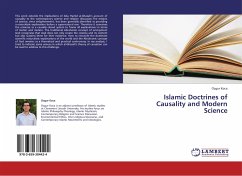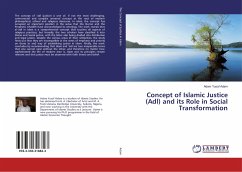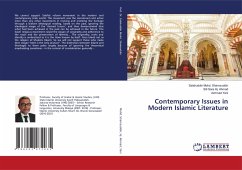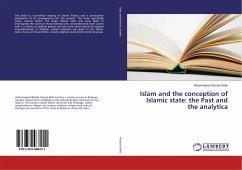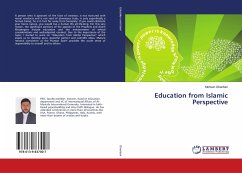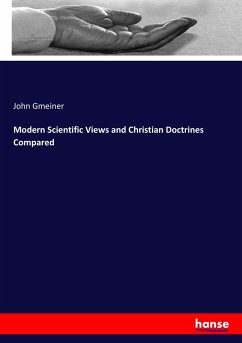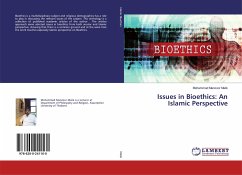This work extends the implications of Abu Hamid al-Ghazali's account of causality to the contemporary science and religion discussion.The mission of science, since enlightenment, has been generally identified as providing a naturalistic explanation before a supernatural one. Therefore it conceives the universe as a causally closed system to frame all explanations in terms of matter and motion. The traditional Abrahamic concept of omnipotent God recognizes that God does not only create the cosmos and its content but also sustains them for their existence. How to reconcile the dominant scientific naturalistic explanations of the world and the Abrahamic concept of God remains as a theoretical and practical controversy. In my analysis, I tried to indicate some venues in which al-Ghazali's theory of causation can be read to address to this challenge.

